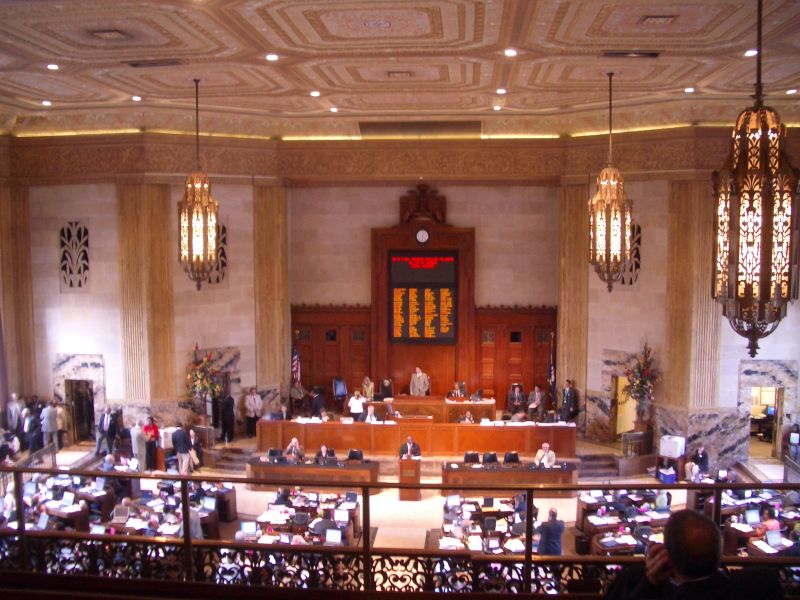
Rome Newsroom, Jun 11, 2024 / 10:15 am (CNA).
Workers in Rome have discovered a centuries-old skeleton during a construction dig near the Vatican for one of the building projects for the Catholic Church’s 2025 Jubilee.
The skeleton was unearthed during excavations to create an underground motorway near Castel Sant’Angelo, which will create a pedestrian-only road leading up to St. Peter’s Basilica.
An initial investigation found that the bones likely date back to sometime between 1600-1700, according to Italian media reports. Additional analyses are planned by Italy’s archaeological authority.
Construction on the site has continued as planned after the skeleton was removed, according to Rome’s public works department.
Workers face a tight deadline on one of the most ambitious construction projects underway in Rome in preparation for the Jubilee Year.

The more than $86 million project in Piazza Pia will connect Castel Sant’Angelo — a historic structure originally built by the Roman Emperor Hadrian but later used as a papal fortress — to St. Peter’s Square, moving the former busy motorway completely underground.
Rome’s Mayor Roberto Gualtieri told EWTN that he thinks the transformation of Piazza Pia will turn it into “one of the most beautiful squares in the world.”
Pope Francis has proclaimed that the “Jubilee of Hope” will begin on Christmas Eve 2024. The Vatican and the city of Rome are expecting an estimated 35 million people to flock to the Eternal City for the first ordinary jubilee since the Great Jubilee of 2000.
With more than 350 works planned around the ancient city in preparation for the 2025 Jubilee, there could be other unexpected archaeological discoveries.
Three human skeletons were found during construction works in 2019 on a subway station in Rome and were later found to date back to the first century B.C.
If you value the news and views Catholic World Report provides, please consider donating to support our efforts. Your contribution will help us continue to make CWR available to all readers worldwide for free, without a subscription. Thank you for your generosity!
Click here for more information on donating to CWR. Click here to sign up for our newsletter.





Leave a Reply